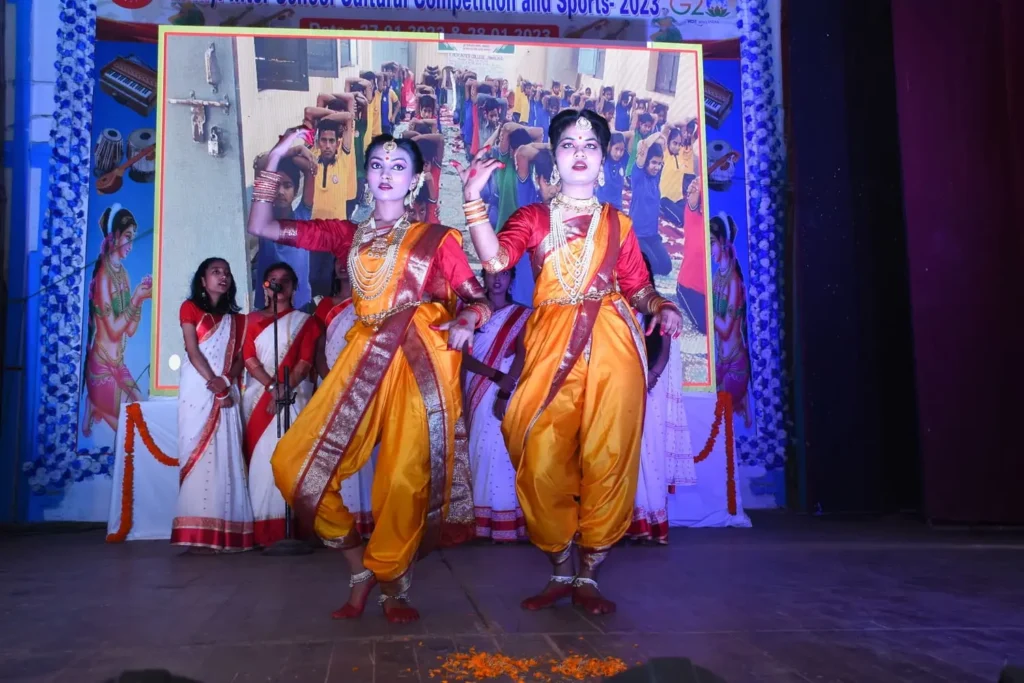
Assessment & Teaching Methodology :
At Eastern Railway Inter College, Students are expected to participate actively in class, ask questions, make presentations, carry out independent research, and work collaboratively in teams. Our teachers help the students develop the skills that will enable them to succeed in this dynamic teaching environment.
Upper-Primary Program
We at Eastern Railway Inter College Jamalpur believe that the curriculum is crucial to developing inquisitive, responsible, innovative, and engaged learners. The Secondary Programme is a framework for educational success for grades VI to VIII students. It builds on the primary stage and develops children’s knowledge and skills in the three key subject areas: Mathematics, English, and Science.
This Curriculum Framework identifies a set of learning objectives for English, Mathematics, and Science for each year of lower secondary education.

Curriculum
- The Curriculum in this Section is flexible and progressive. It is multidimensional and aims to enable the learners to deeply understand the subjects and apply what they have learned to maximize their benefits beyond the classroom.
- This curriculum makes its learners confident, fair, responsible, capable, analytical, critical, and reflective individuals with a lasting passion for learning.
- The curriculum focuses on the holistic development of its students through a well-balanced academic and extracurricular program.
- The multicultural dimension of the curriculum helps the learners respect differences, appreciate the world’s cultures, and become global citizens.
Teaching Methodologies
- The techniques and teaching methods used by all the teacher-facilitators ensure every student is actively involved in the learning process.
- The teaching learning process is stimulating. It gives the learners ample opportunities for experiential learning through activities, projects, research work, assemblies, and excursions. Student Development Programmes, such as participating in workshops and attending literary meetings, musical concerts, and plays, help expose the learners to understanding world culture and strengthen their communication skills.
- Students are encouraged to take responsibility for their learning, which empowers them to develop higher-order thinking skills such as analysis, synthesis, and evaluation.
- Integration and collaboration between subjects is an integral part of our teaching methodology. Learners establish interdisciplinary links towards the learning of Languages, Mathematics, Science, Social Sciences, Art, Drama, Music, and Sports
- Emphasis on group activities that enable learners to collaborate, share responsibility, and work in a team. Cultural events, inter-house sports meets, and a wide range of co-curricular activities develop the confidence and discipline of learners engaging activities n the needs of the community and the world around them.
